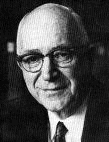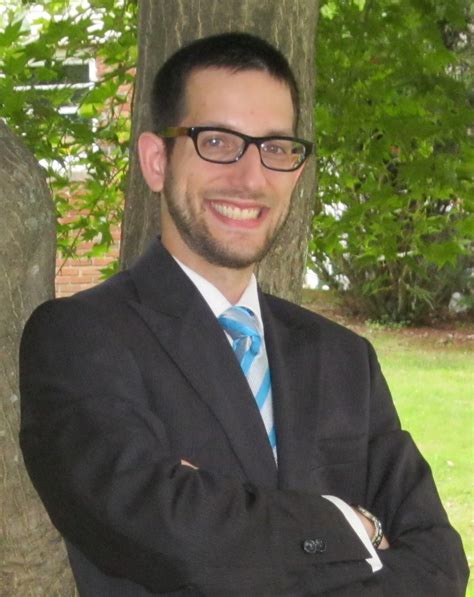A Quote by Edmund Burke
The great Error of our Nature is, not to know where to stop, not to be satisfied with any reasonable Acquirement; not to compound with our Condition; but to lose all we have gained by an insatiable Pursuit after more.
Related Quotes
We can construct, deconstruct and reconstruct our sexuality any way we want: it is our privilege as thinking creatures. However, human sexuality has a specific nature, regardless of what we believe or say about it. We are more likely to be satisfied with the outcome, if we work with our biology rather than against it. We will be happier if we face reality on its own terms.
By our uncritical pursuit of relevance we have actually courted irrelevance; by our breathless chase after relevance without a matching committment to faithfulness, we have become not only unfaithful, but irrelevant; by our determined efforts to redefine outselves in ways that are more compelling to the modern world than are faithful to Christ, we have lost not only our identity but our authority and our relevance. Our crying need is to be faithful as well as relevant
Nature is more subtle, more deeply intertwined and more strangely integrated than any of our pictures of her than any of our errors. It is not merely that our pictures are not full enough; each of our pictures in the end turns out to be so basically mistaken that the marvel is that it worked at all.
You will die. You will not live forever. Nor will any man nor any thing. Nothing is immortal. But only to us is it given to know that we must die. And that is a great gift: the gift of selfhood. For we have only what we know we must lose, what we are willing to lose... That selfhood which is our torment, and our treasure, and our humanity, does not endure. It changes; it is gone, a wave on the sea. Would you have the sea grow still and the tides cease, to save one wave, to save yourself?
Charles Babbage proposed to make an automaton chess-player which should register mechanically the number of games lost and gained in consequence of every sort of move. Thus, the longer the automaton went on playing game, the more experienced it would become by the accumulation of experimental results. Such a machine precisely represents the acquirement of experience by our nervous organization.
Our incredible bewilderment (wilderness separation) blinds us from seeing that our many personal and global problems primarily result from our assault of and separation from the natural creation process within and around us. Our estrangement from nature leaves us wanting,and when we want there is never enough. Our insatiable wanting is called greed. It is a major source of our destructive dependencies and violence.










































